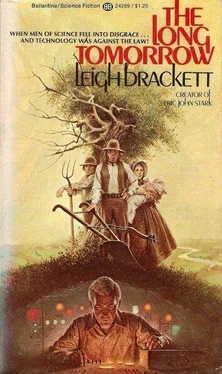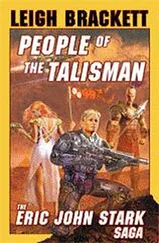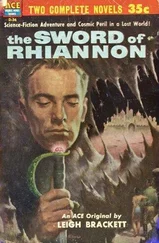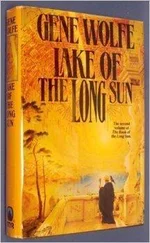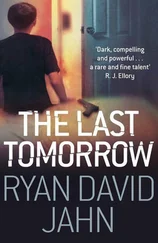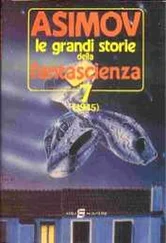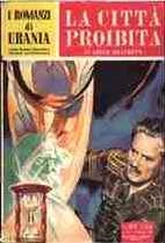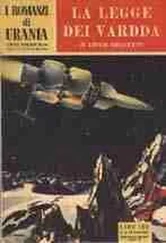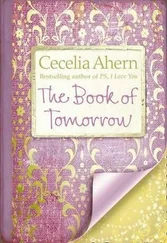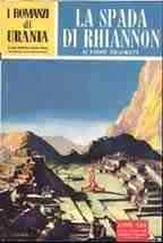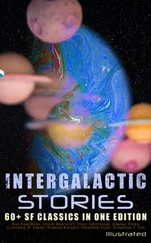I can see myself, all right, running with Esau across a pasture at night, kneeling in the barn straw with Pa’s strap coming down hard on my shoulders. I can see myself as I was then. But when I try to see myself as I will be, a grown man but a part of it again, I can’t.
I try to see Joan wearing the white cap and the humility, but I can’t see that, either.
Yet I have to get back. I have to find what I had there that I’ve never had since I left it. I have to find certainty.
I have to find peace.
Then one evening just at sundown Len saw the man driving a trader’s wagon with a team of big horses. He crossed a green swell of the prairie, showing briefly on the skyline, and was gone so quickly that Len was not sure he had really seen him. Joan was on her knees making a fire. He made her put it out, and that night they walked a long way by moonlight before he would stop again.
They fell in with a band of hunters—this was safe because the Bartorstown men. did not go with the hunters, and Joan made doubly sure. They told a tale of New Ishmaelites to account for their condition, and the hunters shook their heads and spat.
“Them murdering devils,” one of them said. “I’m a believing man myself”—and he looked warily at the sky—“but killing just ain’t no way to serve the Lord.”
And yet you would kill us if you knew, thought Len, to serve the Lord. And he nagged Joan, who had never needed to guard her tongue so rigidly, until she was afraid to speak her name.
“Is it all like this?” she whispered to him, in the privacy of their blankets at night. “Are they all like wolves ready to tear you?”
“About Bartorstown they are. Never tell where you came from, never give them a hint so they could even guess.”
The hunters passed them on to some freighters, joining up at a rendezvous point to go south and east with a load of furs and smelted copper. Joan made sure there were no Bartorstown men among them. She kept her tongue tightly between her teeth, looking with doubtful eyes at the tiny sun-baked towns they stopped in, the lonely ranches they passed.
“It’ll be different in Piper’s Run, won’t it, Len?”
“Yes, it’ll be different.”
Kinder, greener, more fruitful, yes. But in other ways no, not different. Not different at all.
What is it that lies on the whole land, in the dusty streets and the slow beat of the horse hoofs, in the faces of the people?
But Piper’s Run is home.
On a clear midnight he thought he saw a solitary wagon tilt far off, glimmering under the moon. He took Joan and they scurried eastward alone, over river beds drying white in the summer sun, working their way from ranch to ranch, settlement to settlement
“What do people doin these places?” Joan asked, and he answered angrily, “They live.”
The blazing days went by. The long hard miles unrolled. The vision of Piper’s Run faded, little by little, no matter how he clung to it, until it was so faint he could hardly see it. He had been going a long time on momentum, and now that was running out. And the man on the wagon hounded him all through the summer days, plodding relentlessly out of the vast horizon, out of the wind and the prairie dust. Len’s going became more of a running from than a running to. He never saw the face of the man. He could not even be sure it was the same wagon. But it followed him. And he knew.
In September, in a little glaring town lost in a gray-green sea of bear grass and shinnery on the Texas border, he sat down to wait.
“You fool,” Joan told him despairingly, “it isn’t him. It’s only your guilty conscience makes you think so.”
“It’s him. You know it.”
“Why should it be? Even if it is someone from there—”
“I can tell when you’re lying, Joan. Don’t.”
“All right! It is him, of course it’s him. He was responsible for you. He was sworn for you to Sherman. What do you think?”
She glared at him, her thin brown hands curled into fists, her eyes flashing.
“You’re going to let him take you back, Len Colter? Aren’t you a man yet, for all that beard? Get on your feet. Let’s go.”
“No.” Len shook his head. “I never realized he was sworn.”
“He won’t be alone. There’ll be others with him.”
“Maybe. Maybe not.”
“You are going to let him take you.” Her voice was shrill, breaking like a child’s. “He’s not going to take me. I’m going on.”
He spoke to her in a tone he had never used before. “You’ll stay by me, Joan.”
She stared at him, startled, and then came a look of doubt, a stirring of some dark apprehension.
“What are you going to do?”
“I don’t know yet. That’s what I got to decide.” His face had grown stony and hard, impassive as flint. “Two things I’m sure of. I ain’t going to run. And I won’t be taken.”
She stayed by him, quiet, frightened of she knew not what.
Len waited.
Two days. He has not come yet, but he will. He was sworn for me.
Two days to think, to stand waiting on the battlefield. Esau never fought this battle, nor Brother James. They’re the lucky ones. But Pa did, and Hostetter did, and now it is my time. The battle of decision, the time of choice.
I made a decision in Piper’s Run. It was a child’s decision, based on a child’s dreams. I made a decision in Bartorstown, and it was still a childish decision, based on emotion. Now I am finished with dreams. I am finished with emotions. I have fasted my forty days in the wilderness and I am through with penance. I stand stripped and naked, but I stand as a man. What decision I make I will make as a man, and there will be no turning back from it after it is made.
Three days, to tear away the last sweet sunlit hopes.
I will not go back to Piper’s Run. Whichever way I go, it will not be there. Piper’s Run is a memory of childhood, and I am finished with memories, too. That door is closed behind me, long ago. Piper’s Run was a memory of peace, but no matter which way I go I know now that I will never have peace.
For peace is certainty, and there is no certainty but death.
Four days, to set the stubborn feet firmly on the ground, teaching them not to run.
Because I am finished with running. Now I will stop and choose my way.
Sooner or later a man has to stop and choose his way, not out of the ways he would like there to be, or the ways there ought to be, but out of the ways there are.
Five days, in which to choose.
There were people in the town. It was the time of the fall trading, the hot dead time when the shinnery stands gray and stiff and the bear grass rustles in the wind and every plank of wood is as dry as a cracked bone. They came in from the outlying ranches to barter for their winter supplies, and the traders’ wagons were lined up in a row at the end of the one short, dusty street.
All over the land, he thought, it is the time of the fall trading. All over the land there are fairs, and the wagons are pulled up, and the men trade cattle and the women chaffer over cloth and sugar. All over the land it is the same, unchanging. And after the trading and the fair there is the preaching, the fall revival to stock the soul against the winter too. This is life. This is the way it is.
He walked the street restlessly, up and down. He stood by the traders’ wagons, looking into the faces of the people, listening to their talk.
They have found their truth. The New Ishmaelites have found theirs, and the New Mennonites, and the men of Bartorstown.
Now I must find mine.
Joan watched him from under the corners of her eyelids and was afraid to speak.
On the fifth night the trading was all done. Torches were set up around a platform in the trampled space at the end of the street. The stars blazed bright in the sky and the wind turned cool and the baked earth breathed out its heat. The people gathered.
Читать дальше
